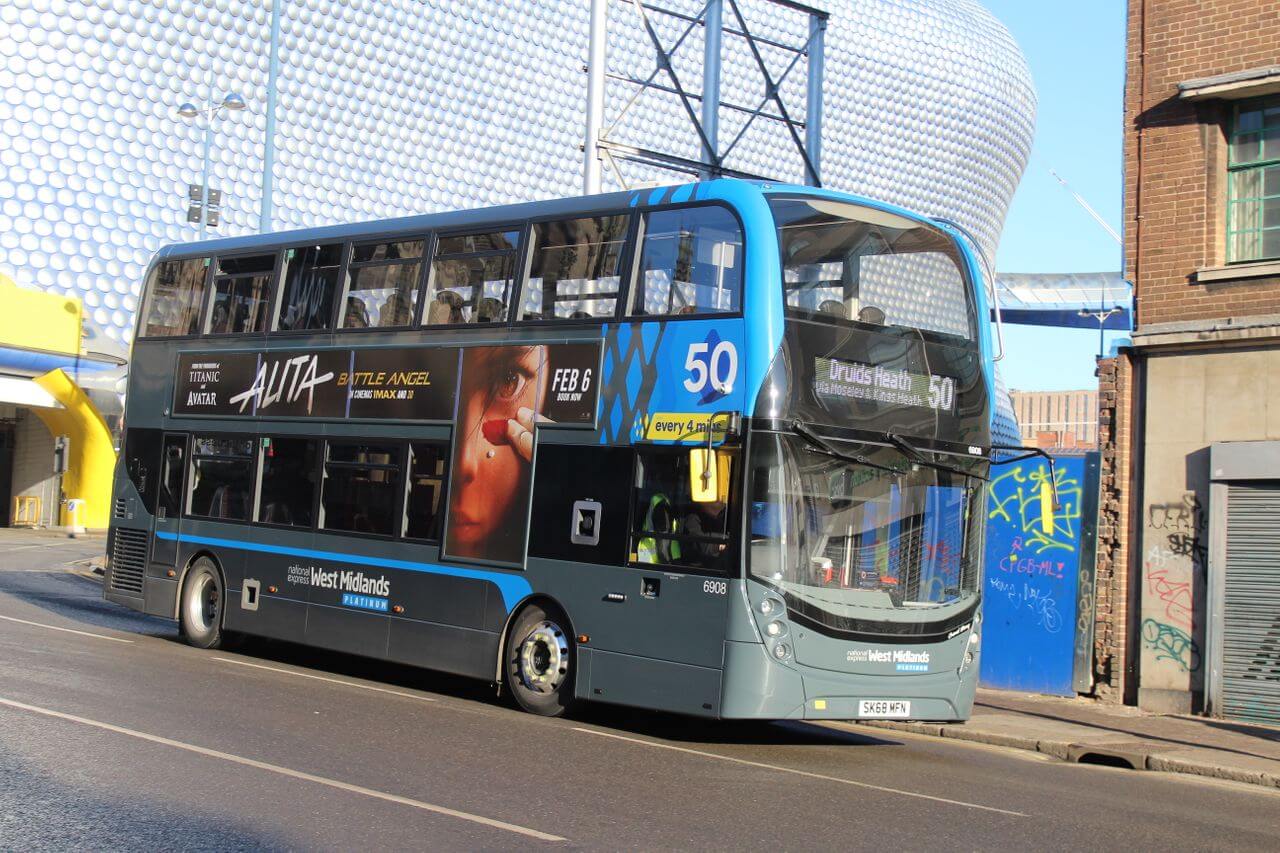
In Nusrat Ghani’s first committee meeting since taking her post, the Transport Committee quizzed the DfT on its bus policies, in relation to guidance, funding and concessionary fare reimbursement. Madaline Dunn reports
The Transport Committee held an evidence session for its Health of the Bus Market Inquiry on 13 February, where the Committee sought to understand the Department for Transport’s (DfT) policies for buses. The scope of the inquiry included the effectiveness and ambition of DfT’s policies on buses, factors affecting bus use, bus services in rural and urban areas, the sustainability of bus services and regulations affecting the provision of bus services. In attendance at the inquiry were Nusrat Ghani MP, Parliamentary Under-Secretary of State for Transport and Catriona Henderson, Head of Buses and Taxis, Department for Transport. […]
By subscribing you will benefit from:
- Operator & Supplier Profiles
- Face-to-Face Interviews
- Lastest News
- Test Drives and Reviews
- Legal Updates
- Route Focus
- Industry Insider Opinions
- Passenger Perspective
- Vehicle Launches
- and much more!


